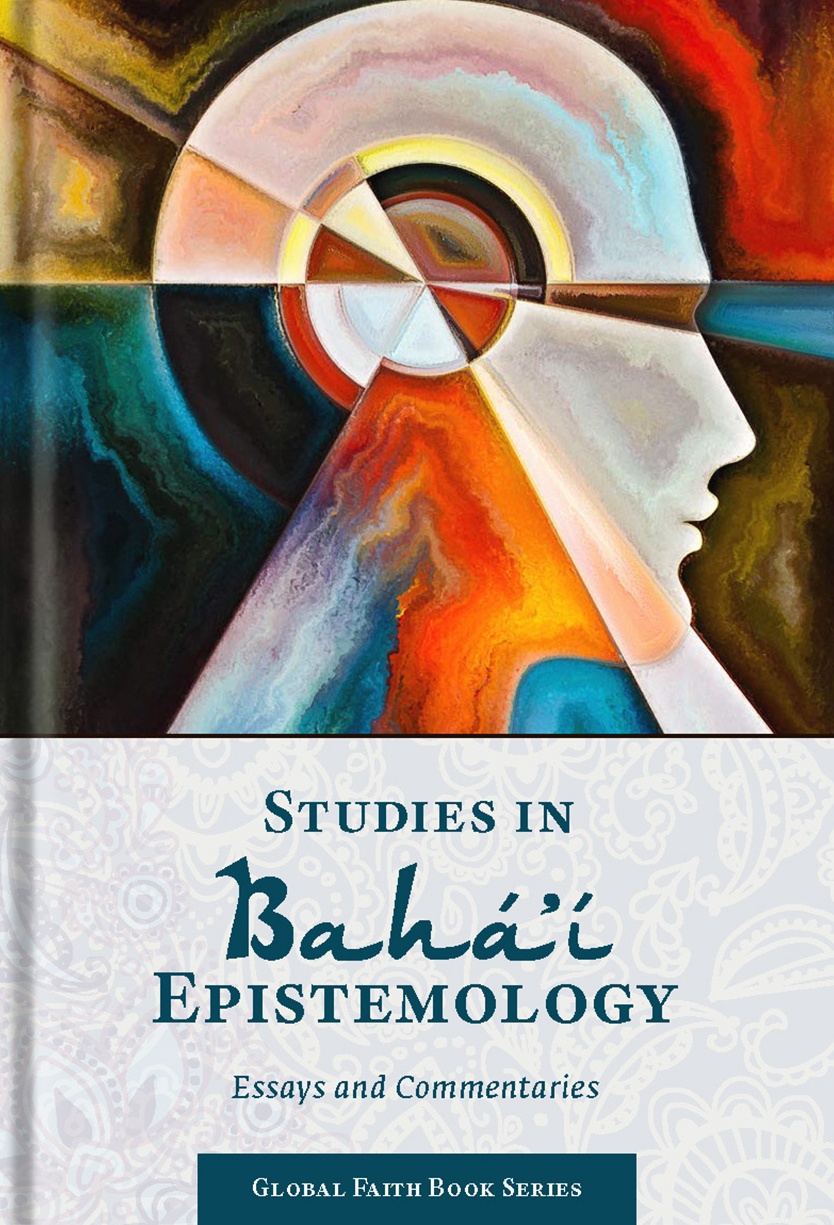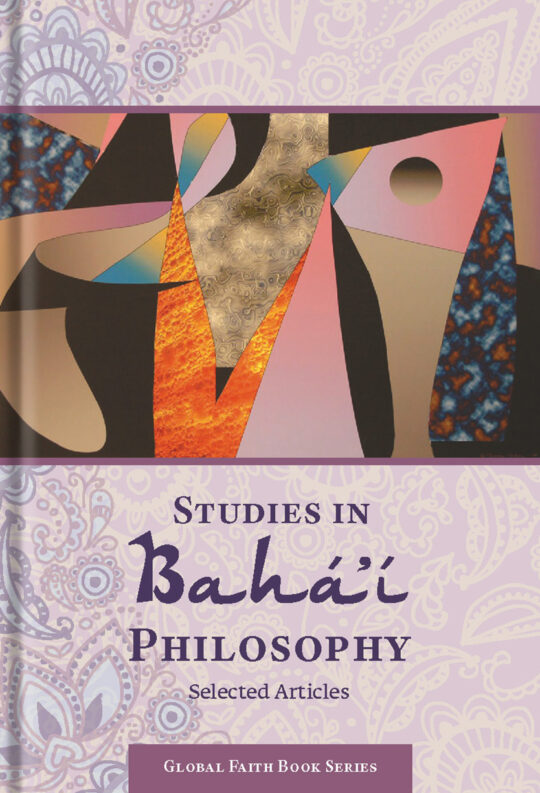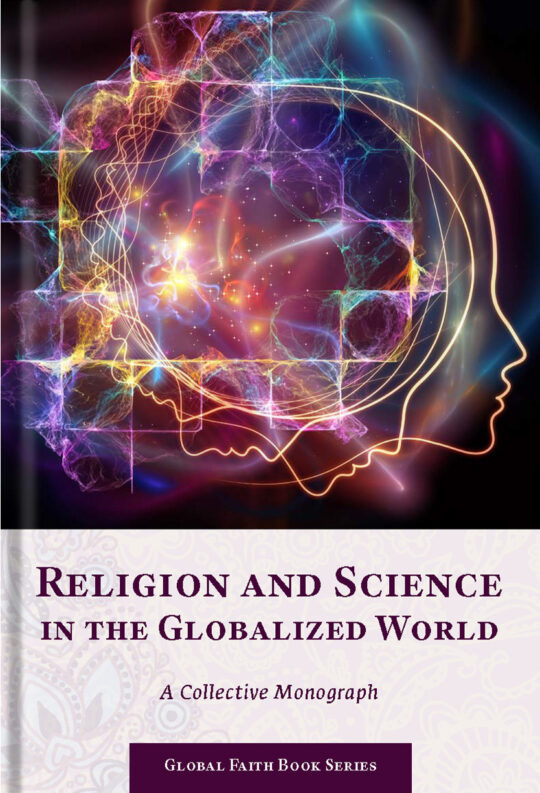Description
In Modern times and, more specifically, since the appearance in 1781 of Immanuel Kant’s Critique of Pure Reason, epistemological issues acquired a special significance in philosophical studies. With the rise of Biblical criticism, Christian scriptural philosophy had lost its momentum, and nineteenth and twentieth-century thinkers focused on sense perception and reason as the two primary sources of human cognition. A recently conceived and developed religious movement, the Bahá’í faith reintroduces the scriptural mode of thinking into philosophical inquiries. Its scriptural texts are well preserved and authenticated. Many of the writings by the founding figures of the faith explicitly address critical philosophical problems. They also employ the Aristotelian technical vocabulary with occasional addition of neo-Platonic terms.
In the West, epistemological studies from a Bahá’í perspective started in 1978 with the publication of Jack McLean’s essay “The Knowledge of God: An Essay on Bahá’í Epistemology.” Since then, Bahá’í thinkers have addressed different aspects of epistemological research. They discussed the independent search for truth, the standards of knowledge, the problems of certainty and relativity, infallibility, and interpretation, as well as mystical experience. All those topics are explored in-depth in corresponding chapters of the book.



 Mikhail Sergeev (b. 1960) — Ph.D. in philosophy of religion (1997, Temple University, Philadelphia, USA); adjunct professor of the history of religions, philosophy, and contemporary art at the University of the Arts in Philadelphia. Sergeev served as (co-)chair of the department of religion, philosophy, and theology at Wilmette Institute (2017–21). The author of more than two hundred scholarly, journalistic, and creative works, he published them in the United States, Canada, Japan, Poland, Greece, the Czech Republic, the Netherlands, Uzbekistan, and Russia. Sergeev has authored and edited twelve books, including the monograph, Theory of Religious Cycles: Tradition, Modernity, and the Bahá’í Faith, (Brill, 2015) and his latest, Russian Philosophy in the Twenty-First Century: An Anthology (Brill, 2020).
Mikhail Sergeev (b. 1960) — Ph.D. in philosophy of religion (1997, Temple University, Philadelphia, USA); adjunct professor of the history of religions, philosophy, and contemporary art at the University of the Arts in Philadelphia. Sergeev served as (co-)chair of the department of religion, philosophy, and theology at Wilmette Institute (2017–21). The author of more than two hundred scholarly, journalistic, and creative works, he published them in the United States, Canada, Japan, Poland, Greece, the Czech Republic, the Netherlands, Uzbekistan, and Russia. Sergeev has authored and edited twelve books, including the monograph, Theory of Religious Cycles: Tradition, Modernity, and the Bahá’í Faith, (Brill, 2015) and his latest, Russian Philosophy in the Twenty-First Century: An Anthology (Brill, 2020).





Reviews
There are no reviews yet.